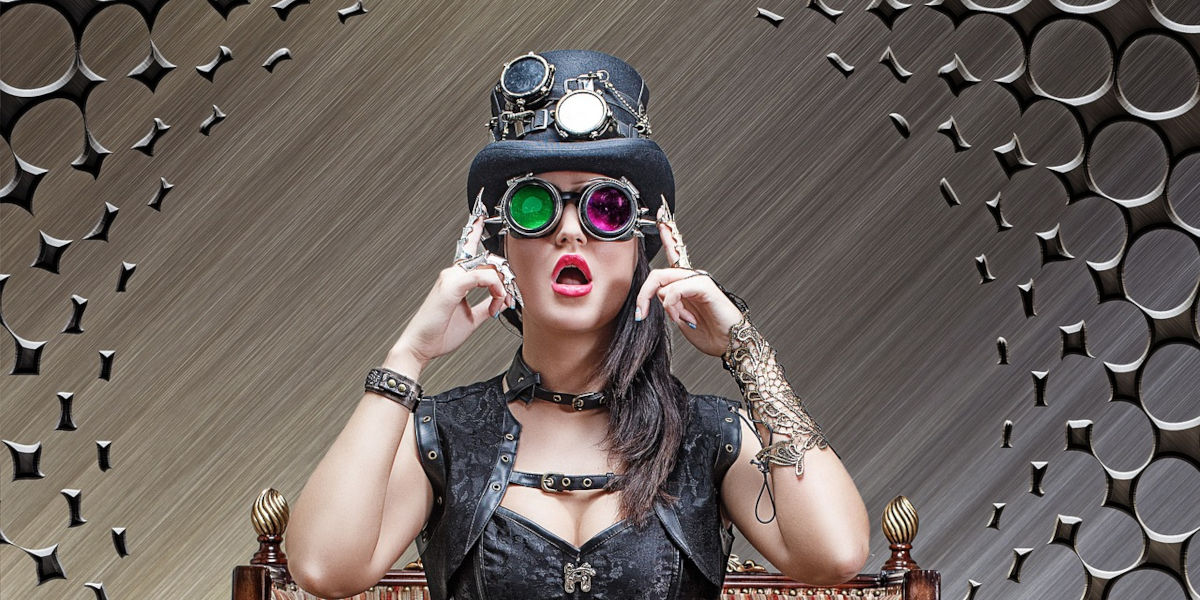Often, we view video games as a form of escapism, an alternative reality where we're able to don the mantles of heroic knights, spacefaring explorers, and more. Yet, in the grand archive of human culture, video games have etched their pristine pixels into a far deeper tableau. Their influence transcends borders, age, and even mediums, permeating movies, music, and an array of other facets of pop culture.
The transformational force of gaming is staggering, forging connections between communities and individuals alike. Herein, we embark on an enlightening journey, probing into the love story between video games and pop culture. More specifically, we delve into the impact of gaming on pop culture, how video games have influenced the realms of film and music, and how they continue to shape our cultural landscape.
The Impact of Gaming on Pop Culture
Since the inception of Pong, the humble progenitor of video games in the '70s, to the pixel paradise we revel in today, the gaming world has undergone a remarkable evolution. Their thunderous impact on pop culture resides not merely in millions of consoles and PCs, but in the very soul of society itself. The universes birthed within the gaming domain, with characters like Mario, Sonic, and Pikachu, have become cultural icons, transcending the boundary of gaming from subculture to mainstream.
The rise of eSports, coupled with the ubiquity of digital gaming platforms, has fanned the flames of this cultural revolution. Around the globe, gaming conventions, tournament broadcasts, and online streaming platforms draw tens of millions of enthusiasts, a testament to the monumental influence of gaming on pop culture.
Video Games in Movies and Music
If one were to observe the panorama of popular films and music over the past few decades, the footprint of video game culture is unmistakable. Hit movies like "Wreck-It Ralph", "Ready Player One", and "Tomb Raider" have transposed video game narratives onto the silver screen, turning digital epics into blockbuster narratives.
Music, as well, has not remained untouched by this pixelated influence. From musicians sporting game character attire to songs referencing game lore, the video game presence is pervasive. Likewise, the world of electronic dance music (EDM) draws inspiration from the 8-bit soundtracks of retro games, changing how we experience music and gaming alike.
How Have Video Games Influenced Pop Culture?
To understand the profound reach video games have on pop culture, we need to experience the seemingly everyday nuances shaped by them. From the echoes of game soundtracks in music albums to game-inspired fashion trends, the impact is far-reaching and often subtle.
Art exhibits now showcase gaming-inspired pieces, while comic conventions abound with attendees garbed as their favourite game characters. Look around, and you'll see game-inspired memes, television shows, and an array of merchandise from clothes to collectables.
Far from the fringe, gaming has emerged as a powerful thread woven deep into the fabric of pop culture, changing the way we play, communicate, and engage with the world around us. It's no longer just about brandishing a controller, it's about being a part of something bigger - a global community interconnected by a shared love of the game.
The Evolution of Video Games in Pop Culture
The video game industry has undergone a massive transformation from being stereotyped as the pursuit of socially awkward individuals to becoming a dominant entertainment platform, equivalent to music and movies. They have moved on from being considered as child playthings to becoming the perfect blend of storytelling, art, and activity, capturing the global imagination and becoming etched in our collective pop culture.
Varying from the nostalgic 8-bit games of yesteryears to millions of polygons creating incredible fidelity in graphics today, video games have evolved much since their inception. They have successfully mirrored and sometimes even influenced cultural trends, changing perceptions, and stereotypes. Every pixel serves as a commentary on society.
The Intersection between Games and Social Issues
The landscape of modern gaming is complex, ranging from epic fantasy adventures to exploration of social issues. Role-playing games (RPGs) like 'Life Is Strange' and 'The Last of Us Part II' tackle topics like mental health and LGBTQ+ rights, translating these serious issues into interactive narratives. Their success is a testament to the fact that games can be both entertaining and valuable tools for imparting messages.
Video Games as Artistic Mediums
Video games have come a long way from the rudimentary graphics of Pong and Pac-Man. With photorealistic cities and breathtaking views, "open world" games offer sprawling universes to discover. Developers are investing in getting the fine details right - be it the sunlight's delicate diffusion through a forest canopy or the nuanced expressions on a character's face. It's a form of art evolving in real-time, pushing the boundaries of what pixel art can achieve.
The Influence of Pop Culture
And it's not just video games influencing pop culture; pop culture influences video games too. Famous movie franchises, books, and even cultural phenomena find their way into games like Star Wars' many gaming adaptations to George R.R Martin's collaboration for 'Elden Ring'. This mutual influence cycle reinforces the importance and impact that games encompass in our ever-evolving pop culture dialogue.
In conclusion: Reflecting our Society
Video games offer a unique intersection of art, technology, and storytelling, allowing them to create immersive experiences that reflect and shape social trends and issues. As gaming continues its evolution, we will continue to see video games not just as entertainment but also as a medium to reflect on society, instigate dialogue, and perhaps even inspire change.
Video games and pop culture are like two sides of the same coin, mirroring and shaping each other over time. It is, indeed, a love story - one that is charmingly etched in pixels.




